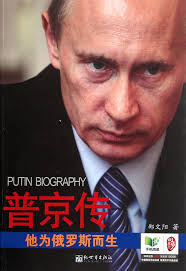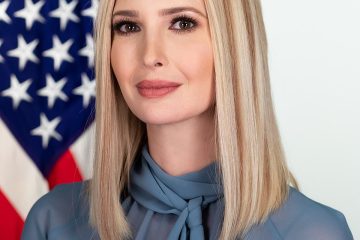Vladimir Putin and His Role in Global Politics

Introduction
Vladimir Putin, the President of Russia, remains one of the most significant figures in contemporary global politics. His leadership style and strategic decisions have led to major shifts in international relationships, particularly in Europe, the United States, and Asia. As tensions continue to rise surrounding various geopolitical issues, understanding Putin’s actions and motivations is critically important for anyone interested in global affairs.
Recent Events Shaping Putin’s Agenda
As of late 2023, Putin has been navigating multiple crises and controversies that have defined his presidency. The ongoing conflict in Ukraine, which began in 2014 and escalated into a full-scale invasion in February 2022, remains central to his governance. The war has drawn international condemnation and resulted in severe economic sanctions against Russia. Despite these challenges, Putin has retained a significant level of support domestically, leveraging nationalism and control over state media.
In addition to the Ukrainian conflict, Russia’s relationships with NATO and the West are increasingly strained. Recent military exercises and provocations in Eastern Europe signal ongoing tensions, while diplomatic efforts to engage with non-Western allies, such as China and other BRICS nations, show Putin’s attempts to pivot towards new partnerships amid isolation.
Implications of Putin’s Policies
Putin’s foreign policy is characterized by a mix of aggression and pragmatism. His willingness to assert military power has reshaped security dynamics in Europe, with neighboring countries reassessing their defense strategies. The infusion of military resources into Belarus and threats toward Finland and Sweden pursuing NATO membership highlight the broader impact of Putin’s decisions.
Furthermore, economic repercussions from sanctions are impacting global markets, especially with regard to energy supplies and commodity prices. Many countries are grappling with the ramifications of reduced Russian exports, leading to a reassessment of energy policies, particularly in the European Union.
Conclusion
Vladimir Putin’s role in global politics cannot be understated; his actions have far-reaching consequences for geopolitics and international relations. As the world watches his next steps amidst ongoing conflicts and strategic maneuvers, it is crucial for policymakers and citizens alike to stay informed about his impact. The prospects for peace, stability, and international cooperation increasingly depend on how Putin engages with other world leaders and addresses domestic challenges in Russia. Understanding his motivations and strategies will be vital in anticipating future developments on the global stage.









